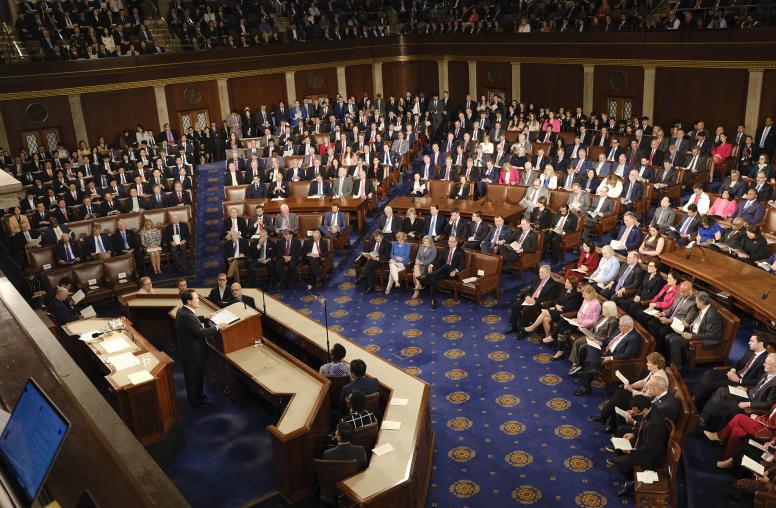Keynote Addresses from "Managing Chaos" Conference: Aspin and Koppel
Peaceworks No. 3
In this volume, we have transcribed and edited the remarks of two keynote speakers, Secretary Les Aspin and Mr. Ted Koppel to meet what has become a very considerable public demand for their presentations from the "Managing Chaos: Coping with International Conflict into the 21st Century" conference.
On November 30 and December 1, 1994, the United States Institute of Peace celebrated the tenth anniversary of its establishment by Congress with a major conference entitled "Managing Chaos: Coping with Interational Conflict into the 21st Century. Former secretary of defense and congressman Les Aspin spoke on "Challenges to Values-Based Military Intervention." ABC News anchor and managing editor Ted Koppel, in a speech on "The Global Information Revolution and TV News," spoke at the luncheon on December 1 on the opportunities and problems caused by the advertising reach and accessibility of international media.




